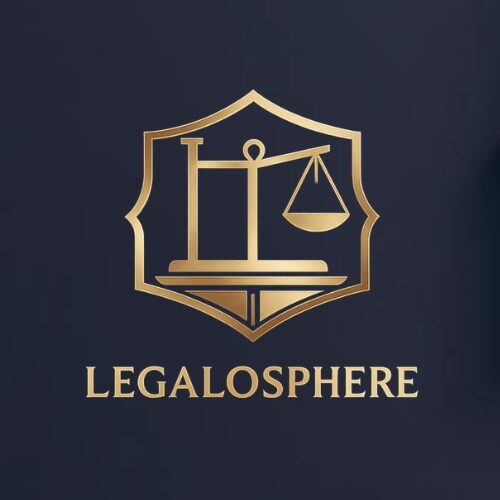During the 1975 Emergency, the President’s order expressly suspended the right to habeas corpus (Art. 21) and all court writs (Art. 226). The majority held that when a fundamental right is suspended, every remedy flowing from it—including the High Court’s writ jurisdiction—also vanishes. In practical terms, this meant a person detained without trial had absolutely no legal avenue to challenge the detention until the Emergency ended. Justice Khanna’s dissent warned that “even in war, the Constitution is not suspended” and argued that some judicial check must survive. The eventual 44th Amendment permanently insulated the right to life and personal liberty from suspension, ensuring no future Emergency can strip away habeas‑corpus protection.
- Issues Framed: Suspension of habeas corpus (Art. 21 & 226) during Emergency.
- Advocate for Petitioner: Attorney‑General Niren De scobserver.in
- Arguments (Petitioner): Once Article 21 is suspended, no remedy against illegal detention exists.
- Arguments (Respondent): Right to approach High Court under Article 226 survives Emergency.
- Judgment (Bench): Majority (CJI A.N. Ray; Justices M.H. Beg, Y.V. Chandrachud & P.N. Bhagwati) held all remedies under Art. 21 & 226 lapse; dissent by Justice H.R. Khanna en.wikipedia.orglawkranti.com
- Implication for Common Man: Exposed grave risks to personal liberty under unchecked emergency powers; spurred 44th Amendment to safeguard Art. 21 from suspension.
